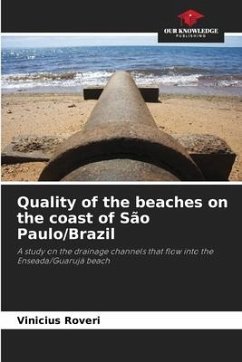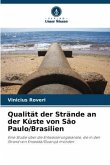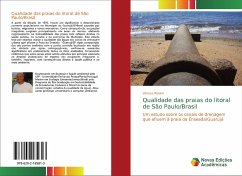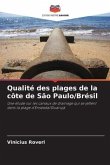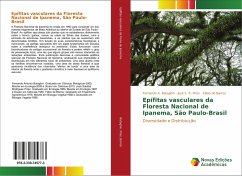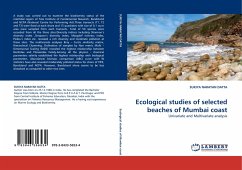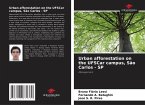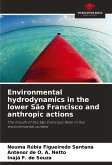From the 1970s, there was a significant and disorderly population increase in the Municipality of Guarujá/SP/Brazil caused by tourists, migrants and new residents. As a consequence, irregular occupations appeared mainly in hillside areas, affecting negatively the balneability of the beaches with direct consequences in the public health, in the tourism and in the economy of the Municipality. This study aimed to evaluate the water quality of the urban drainage channels that inflow to Enseada Beach - Guarujá/SP. After comparing the six points evaluated with the control point located in a region not affected by anthropogenic actions, significant increases were found in practically all the items analyzed, providing evidence that these channels are being affected by pollution associated with the inadequate disposal of sewage from irregular and also regular occupations, with direct consequences to public health and the environment.
Bitte wählen Sie Ihr Anliegen aus.
Rechnungen
Retourenschein anfordern
Bestellstatus
Storno

